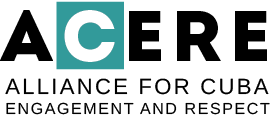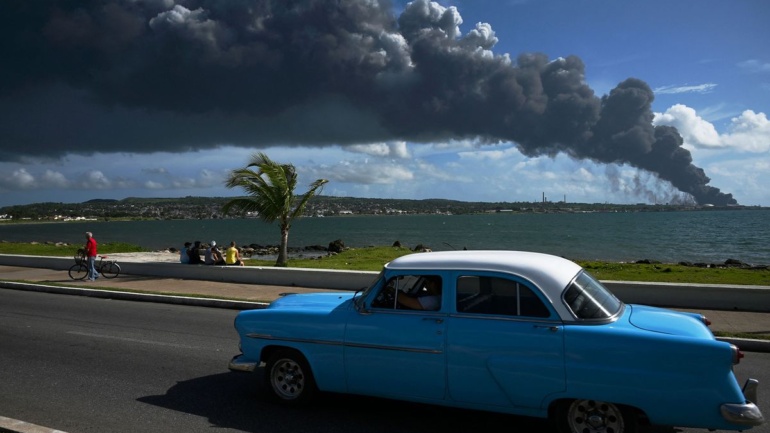The Alliance for Cuba Engagement and Respect (ACERE) expresses deep concern over the Trump administration’s partial ban on Cuban nationals from traveling to the United States, effective as of June 9, 2025. The executive order, which suspends the issuance of new immigrant and non-immigrant business and tourism visas (B-1/B-2), as well as academic, vocational and exchange visas (F, M and J visas), will severely curtail family reunification processes; cultural, scientific and academic exchanges; and the expansion of Cuba’s independent private sector.
While U.S. permanent residents, dual nationals, current visa-holders, diplomats, Olympic athletes, immediate relatives of U.S. citizens and other exceptional cases should be exempted from the ban, there has been conflicting messaging from the State Department and the Department of Homeland Security as to whether valid visa-holders will be affected. As such, no clear official guidance has been provided to border agents and airline officials, raising fears that current visa-holders could face enforcement and scrutiny that contradict the State Department’s stated position.
Coming on the heels of the Supreme Court’s decision allowing the Trump administration to terminate a humanitarian parole program for Cubans, Nicaraguans, Haitians and Venezuelans, this ban further criminalizes migrants and visitors from Cuba by fallaciously framing them as threats to U.S. national security.
Furthermore, Cubans’ inclusion in this blatantly xenophobic measure will do little to protect the United States from “foreign terrorists and other public safety threats” — its stated purpose — or curb U.S.-bound migration from the island, which in fact has been fueled by U.S. sanctions and other punitive measures under both the Trump and Biden administrations.
The four stated reasons cited by the Trump administration for including Cubans in the partial ban—Cuba’s state sponsor of terrorism designation, its purported lack of cooperation with U.S. law enforcement, refusal to accept deportations of its nationals, and high rates of visa overstays for non-immigrant Cubans—all fail to hold up to scrutiny.
Not only has the consensus position in the U.S. intelligence community been for decades that Cuba doesn’t sponsor terrorism, but U.S. security agencies have held regular counter-terrorism and law enforcement dialogues with their Cuban counterparts even when relations have been at their lowest, including joint efforts to combat drug trafficking and human smuggling.
Furthermore, Cuba receives a monthly deportation flight from the U.S. per the terms of U.S.-Cuba migration talks —which the Trump administration has suspended despite explicit Cuban overtures to resume them — while immigration privileges afforded under the 1966 Cuban Adjustment Act, along with suspension of non-immigrant processing in Havana as of 2017, have incentivized Cubans to over-stay their visas given the difficulties of traveling between the two countries without first becoming U.S. residents.
The Trump administration’s partial travel ban for Cubans is more than just another bureaucratic hurdle; it is a source of pain for Cuban Americans who find themselves separated from their loved ones.
If the goal of the ban is to prevent migration from Cuba, then a more realistic and effective policy approach is needed. Evidence shows that the unprecedented wave of migration from Cuba has been fueled by a maximum pressure policy toward the island that has failed to bring about political change in Cuba and caused widespread desperation, making emigration the only solution for many Cubans.
Punishing ordinary families and the small businesses in Miami and Havana that thrive on family connections isn’t the solution. As the Trump administration has learned through its efforts in other parts of the world, engagement and diplomacy are more effective ways to push for change than making it illegal for a daughter to care for her sick mother or for a grandfather to meet his only grandchild.



